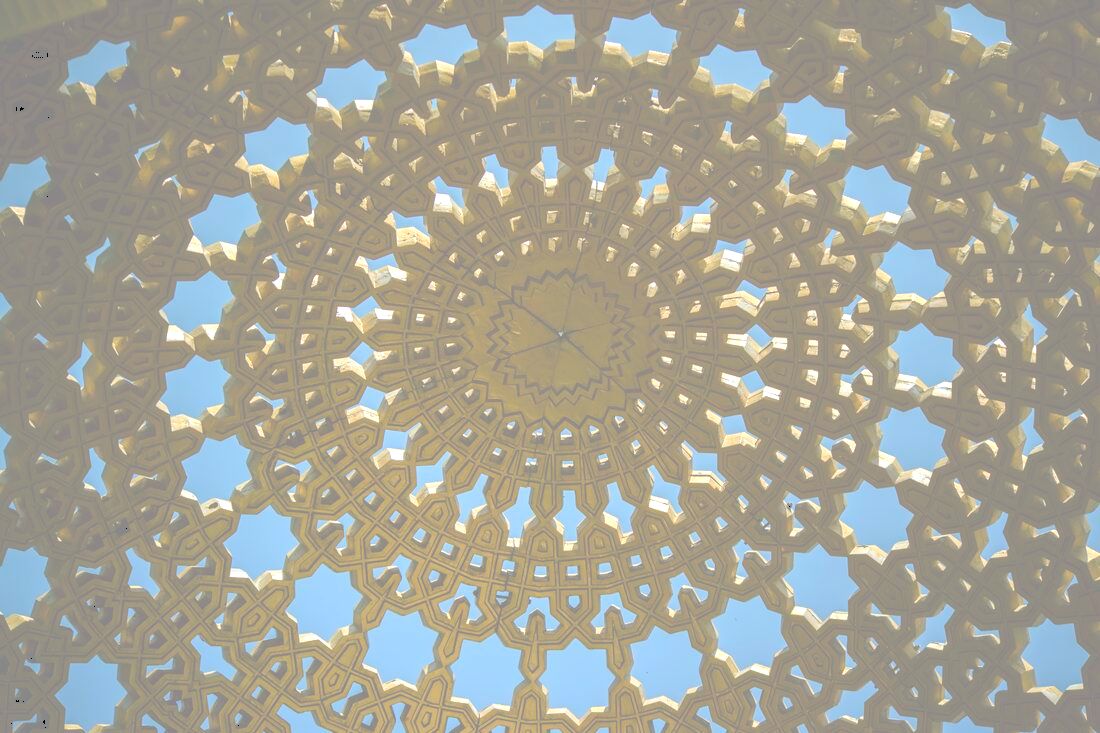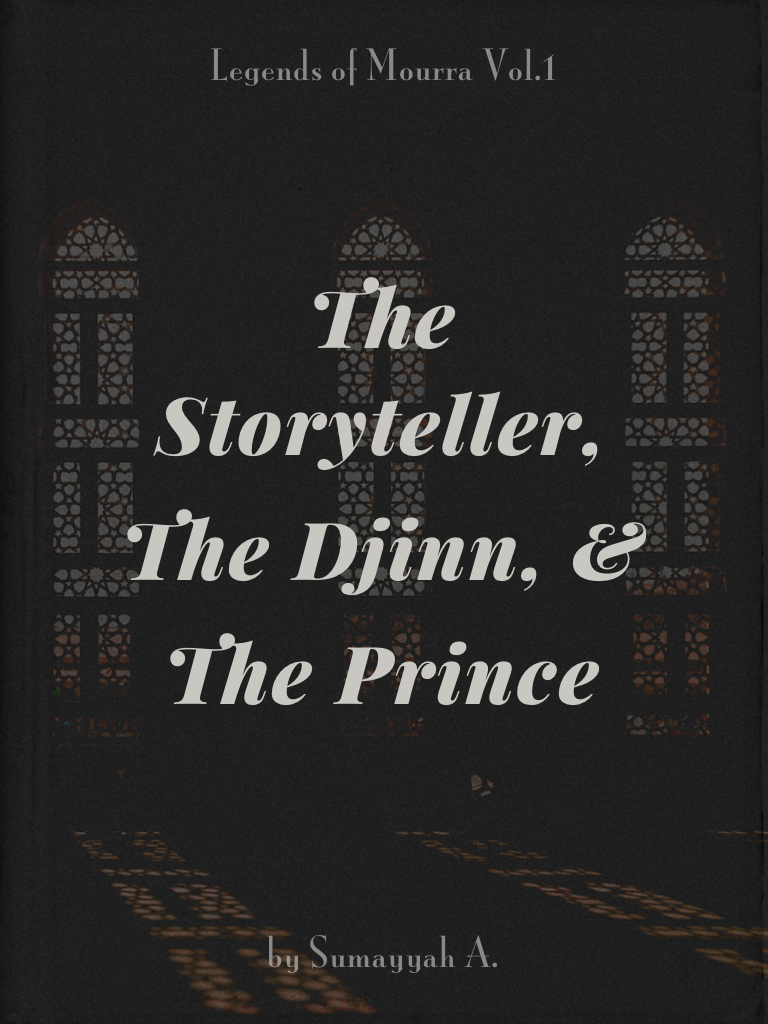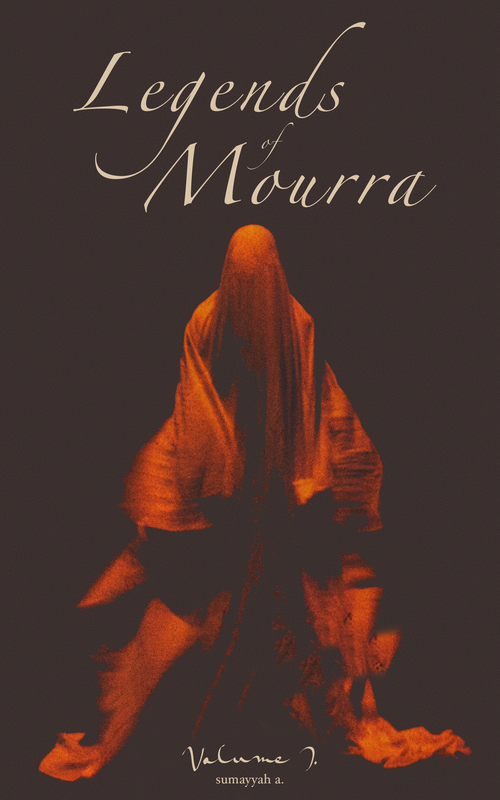Synopsis The crown prince has been kidnapped by the djinn, and his mother will stop at nothing to find him and bring him home, even if it means marching into the realm of the Unseen on what everyone insists is a hopeless mission. He's gone, she is told. Grieve him, for he is as good as dead. If he is returned to you, he will not be the same child you knew.
But he isn't dead, and Queen Sirin refuses to accept his loss, refuses to grieve him, even if she is called mad for her insistence that he is alive, for her determination to rescue him. She cares not that no one has ever returned from such a venture. She's going to save her son or die trying. Enter Halah; the only person taken by the djinn who claims to have escaped them, rather than been returned. Only she can lead Queen Sirin and her cousin, Raoul, into the Unseen realm and guide them through the kingdom of the djinn...so when Sirin pleads for her help, she agrees. She can't abandon a child, even one she doesn't know. Even if it does mean returning to the last place in all the realms she ever wants to see again...
0 Comments
 Original photo by Airam Dato-on on Unsplash Hello hello and happy December! It's nearly the end of 2023 and I have some updates for you from the writing front!
First off, Tinyletter is closing as of February 2024, so I will be moving my newsletter...elsewhere. I haven't figured out where yet, but if you have recommendations, do drop them below! (Not Substack). Secondly, and more excitingly--I finished drafting Legends of Mourra, Vol. 1! My goal for the past several years has finally been achieved! All thinks to a little something called zero drafting, introduced to me by a writer I follow over on tumblr called @bebewrites. Here's what she had to say on how she zero drafts: Hello hello! Having recently revamped LofM's beginning and overcome some issues I was having with the manuscript, I wanted to share a bit that I'm really happy with! Please enjoy this first draft of the prologue of my fantasy series, a retelling of the first frame narrative of One Thousand and One Nights (aka Arabian Nights). I'd love to know what you think of it! Once there lived, in the kingdom of Mourra, a woman as beautiful as the night sky. Her face was as round and bright as the faces of the moons-in-full, her eyes the pale grey of starlight, her hair as dark as the space between stars and falling in a lustrous veil to her feet, with beads of pearls woven through the strands. Her name was Nur-al-Hayat, and she was a poet and songstress of surpassing ability, her voice so lovely it was said to tame wild beasts and move even stone to tears.
 Photo by Álvaro Serrano on Unsplash Hello hello and happy November! It's been a hot minute since I've posted directly to this blog (I'm much more active on tumblr and send monthly updates via newsletter, which you can sign up for here), but I wanted to share a few things in longer form here. Firstly, I'm doing NaNoWriMo! Or rather, my version of it, as per usual. What that means is, I'm not aiming for any specific wordcount and I'm not even aiming to write for any specific amount of time. Rather, I'm aiming to just write daily and to work specifically on LofM before I work on anything else. Initially, I'd had the highly aspirational (and highly unachievable) goal of focusing solely on LofM from the beginning of October to the end of December, in the hopes of finishing the second 1/3 of this novel. That...didn't pan out. But I'm happy to say that my 'chill NaNo' goals are mostly being met. There have been two or three days so far where I haven't written, but those days coincided with a pet emergency, family obligations, and getting sick, so I'm taking it easy on myself. Speaking of LofM though - on November third I had a crisis about it brought on by 1) being sick 2) being stressed and 3) being stuck on the WIP. I am now 1/3 of the way through the manuscript, and I was not liking how it was panning out, for reasons that have nothing to do with it being a first draft and therefore understandably rough.
 Photo by mostafa meraji on Unsplash So! November is over! Last post I said I hoped to have a whole--if rough--draft of LofM completed by now, and I really have to laugh and wonder what in the heckity heck I was thinking. A whole draft? A whole draft???? Needless to say that did not end up happening (a whole draft! which would've been between 50 and 70k?!). But I did write, and enjoyed writing, even though it wasn't every day. After all, I went from having nothing at all to having something that I am, crucially, pretty happy with. I also didn't end up posting excerpts weekly here, though I did share a few on tumblr. I've gathered them all here for your perusal. I also made two posts corresponding with some entries in my worldbuilding encyclopedia, featured below! I love them and am excited to create and share more! Enjoy! ExcerptsOnce, in the oldest of days and times, there were four kingdoms: the kingdom of Men, the kingdom of the Djinn, the kingdom of the Elyoud, and the kingdom of Beasts. I say once, but they are kingdoms still. They are not, nor have they ever been, united, though only two are sworn enemies: the Djinn and the Elyoud, who will have no alliance or consortium with each other. SynopsisSirin's son has been kidnapped by the djinn, and she will stop at nothing to find him and bring him home, even if that means marching into the realm of the Unseen on what everyone insists is a hopeless mission. He's gone, she is told. Grieve him, for he is as good as dead. If he is returned to you, he will not be the same child you knew. But he isn't dead, and Sirin refuses to wait around for an if. She doesn't care that no one has ever returned from such a venture. She's going to save her son, or die trying. Enter Halah; the only person taken by the djinn who claims to have escaped them, rather than been returned. Only she knows the paths into the Unseen realm and the ways through the kingdom of the djinn, and when Sirin pleads for her help, she agrees. She can't abandon a child, even one she doesn't know. Even if it does mean returning to the last place in all the realms she ever wants to see again... CharactersSirin | a desperate, determined mother, chief of her tribe after her husband's untimely death.
Qusaiy | Sirin's son, a six year old boy, renowned for his beautiful voice and excellent memory. Raoul | Cousin to Sirin's husband and her childhood friend, secretly in love with her, utterly devoted to her. Halah | escapee from the djinn, living as an outcast at the edge of a village with her best friend and a sootdragon for company. Ilyas | Raoul's best friend and a fierce warrior of Sirin's tribe, Nilam's twin brother, and a former slave. Nilam | A Ranger, Halah's best and only friend, Ilyas' twin sister, and a former slave. |
Welcome to the blog!Featuring prompt fills, excerpts from my wips, posts about my writing process, and more. Categories
All
|



 RSS Feed
RSS Feed